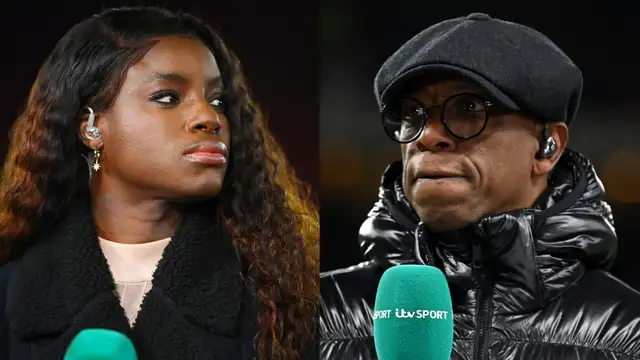
Eni Aluko Punditry Career in Jeopardy as ITV Sides with Ian Wright in Women’s Football Row
ITV backs Ian Wright amid clash with Eni Aluko over women’s football coverage
The world of football punditry, especially around the women’s game, has rarely felt as tense or exposed as it has in recent weeks. At the heart of the storm is Eni Aluko — former England international, ex-Chelsea striker, and now a regular voice on our screens — whose future in broadcasting has been thrown into doubt after an increasingly public disagreement with Arsenal icon Ian Wright.
What began as a seemingly minor exchange of views on women’s football coverage has now snowballed into a full-blown media talking point. And with ITV now stepping in to make its stance clear, the fallout might have lasting implications not just for Aluko, but for how the industry handles conflict, allyship, and representation in the game.
How the Aluko–Wright dispute over women’s football coverage unfolded
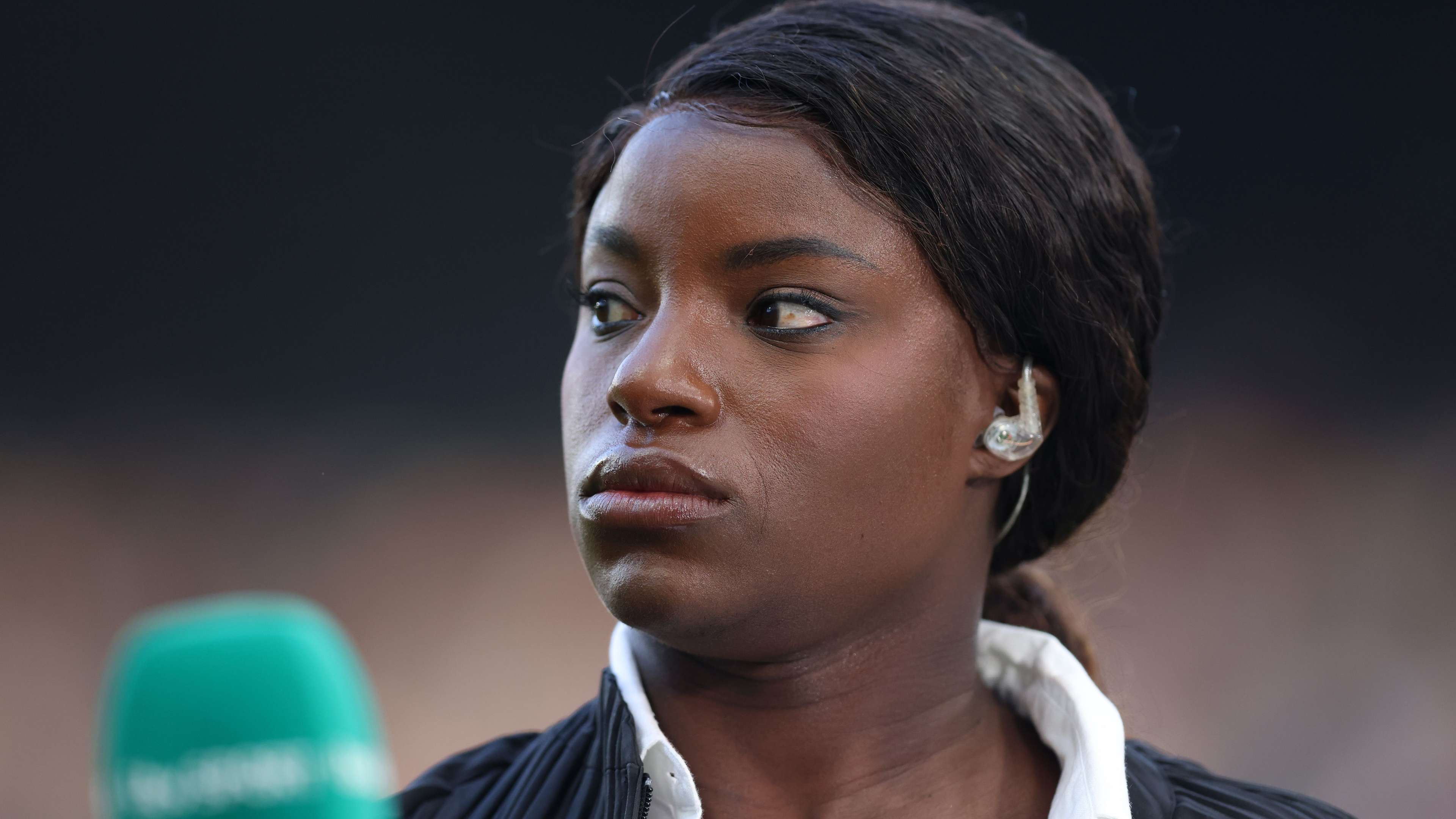
England v France – UEFA Women’s EURO 2025 Aluko
The clash began when Aluko suggested Wright, who has been one of the most recognisable figures in football broadcasting for decades, should be “aware” of the extent of his involvement in the women’s game. Her comments implied that while Wright is a strong supporter of the sport, he may not fully appreciate how his high-profile presence affects the space available for female voices in women’s football punditry.
Aluko’s remarks didn’t go down well — with Wright responding in typically direct fashion. He expressed hurt at the implication that he might be blocking opportunities for women, and said he could not accept Aluko’s apology when it came a few days later.
The exchange quickly caught fire on social media, with supporters of both figures wading in. While some backed Aluko for raising a valid issue about gender dynamics in broadcasting, others stood behind Wright, highlighting his longstanding support of the women’s game and his reputation as an ally.
ITV’s public support for Ian Wright puts Eni Aluko’s punditry future at risk
As speculation swirled, ITV — who share live broadcasting rights for this summer’s UEFA Women’s Euro 2025 with the BBC — released a statement that left no room for doubt as to where their loyalty lies.
“Ian’s standing in the sport is beyond question,” an ITV spokesperson told The Guardian. “As one of the UK’s most respected and much-loved footballers and sporting broadcasters, with a career spanning nearly four decades, Ian is an incredible advocate, ally and brilliant broadcaster of women’s football — from grassroots to the biggest international tournaments.”
Though they didn’t mention Aluko by name, the message between the lines was clear. The broadcaster’s unequivocal endorsement of Wright — without even a nod to Aluko’s role or contribution — suggests that the rift may have already had professional consequences for the former Lioness.
Why this clash matters: representation and opportunity in women’s football coverage
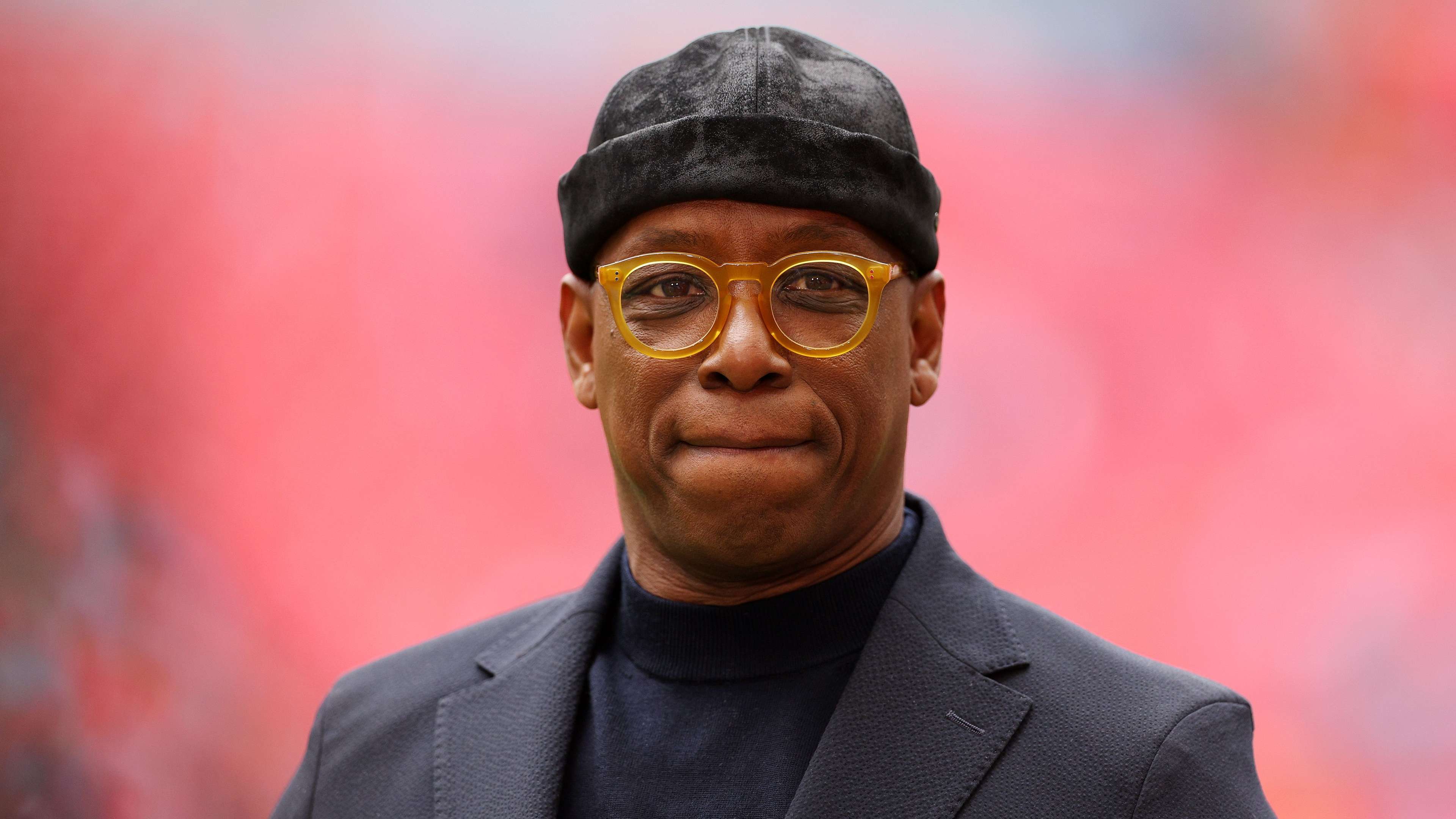
ITV backs Ian Wright amid clash with Eni Aluko over women’s football coverage
Beyond the headlines, there’s a deeper issue here — one that strikes at the heart of the women’s football media boom. As the game has grown, so too has the number of voices speaking about it. But not all voices are heard equally.
Aluko’s central point — whether you agree with how she delivered it or not — was about space. As women’s football becomes more popular and more lucrative, it’s crucial that women are not just represented on the pitch, but also in the studio, in commentary booths, and in analysis roles.
Ian Wright has undeniably used his platform to uplift the women’s game. His appearances during Euro 2022 were passionate, informed, and helped draw in audiences who may never have previously watched the Lionesses. But when figures like Wright — no matter how well-intentioned — dominate the discourse, it’s fair to ask whether women are being given the same chances to speak on their own game.
What next for Eni Aluko after ITV’s apparent snub?
Aluko’s broadcasting career was already in the spotlight after her recent legal battle with Joey Barton, a case that left her fighting to defend her professional reputation in the courts. Many believed the summer would bring her a fresh start — perhaps a place on the panel for Euro 2025, or an increased role in mainstream football coverage.
But in light of the current fallout with Wright and ITV’s decision to publicly throw their support behind him, that now feels less certain.
She hasn’t responded to ITV’s statement — at least not yet. Whether she chooses to speak further or take a step back remains to be seen. But given her pedigree in both football and punditry, and her willingness to speak up on uncomfortable topics, it would be premature to assume this is the end of her media journey.
Final thoughts: no winners, but a much-needed conversation
In truth, there are no clear winners here. Ian Wright remains a cherished and influential figure, and his continued presence in women’s football coverage is welcome and important. Eni Aluko, meanwhile, raised a point that — though clumsily phrased — deserves to be heard and discussed.
This episode should not mark the end of Aluko’s career, nor should it discourage others from speaking up about representation in football media. Instead, it ought to open the door for honest, respectful dialogue about how we build a broadcasting landscape that includes and uplifts everyone.
And if that happens, perhaps this uncomfortable moment will serve a greater purpose after all.





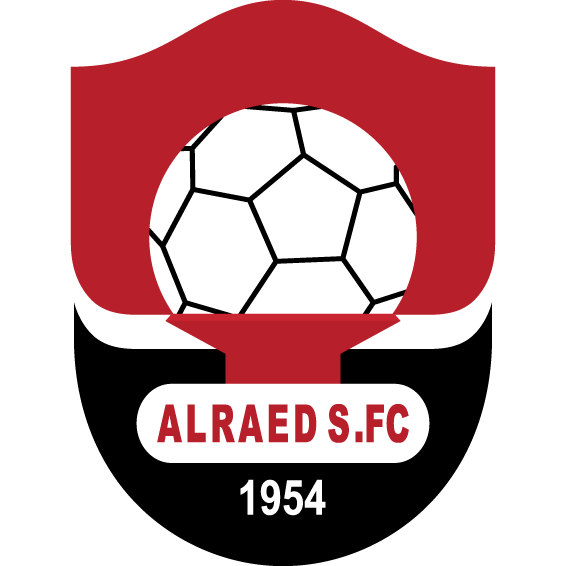
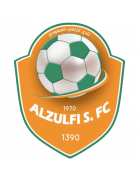
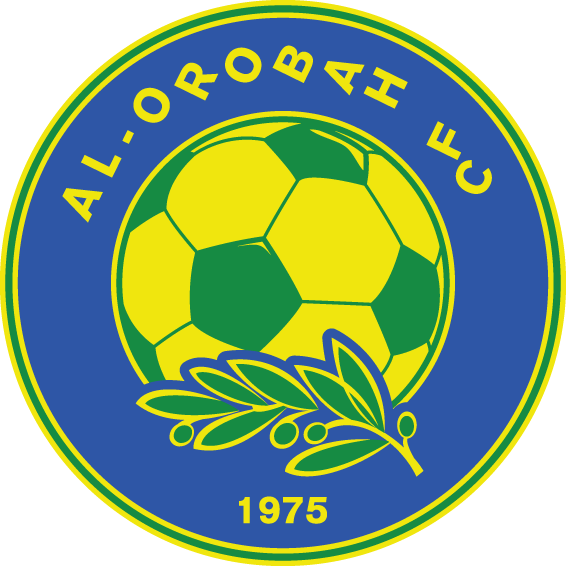
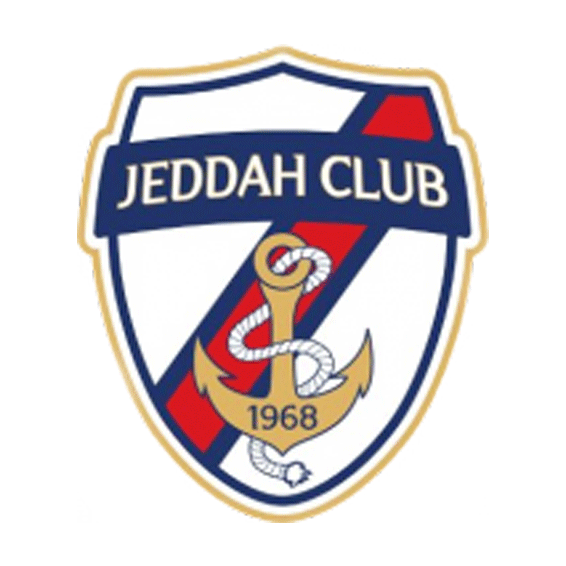
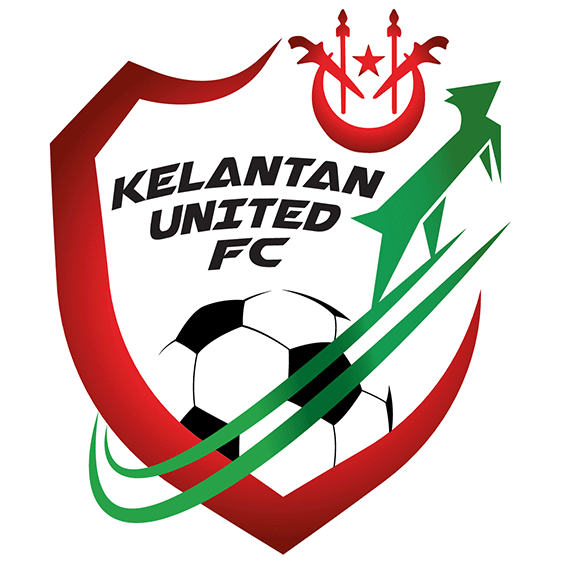
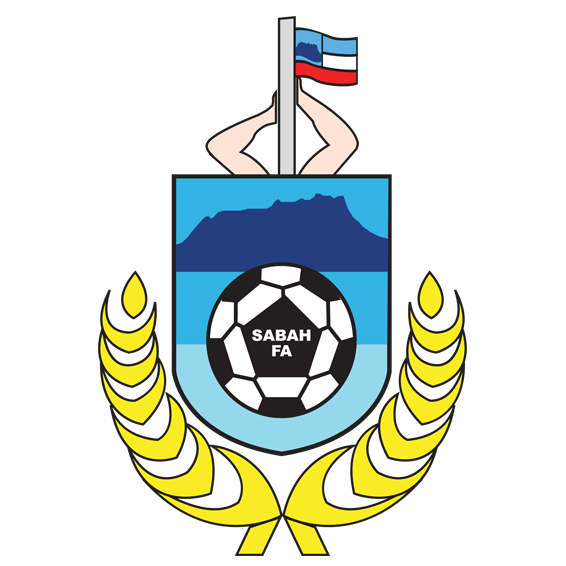
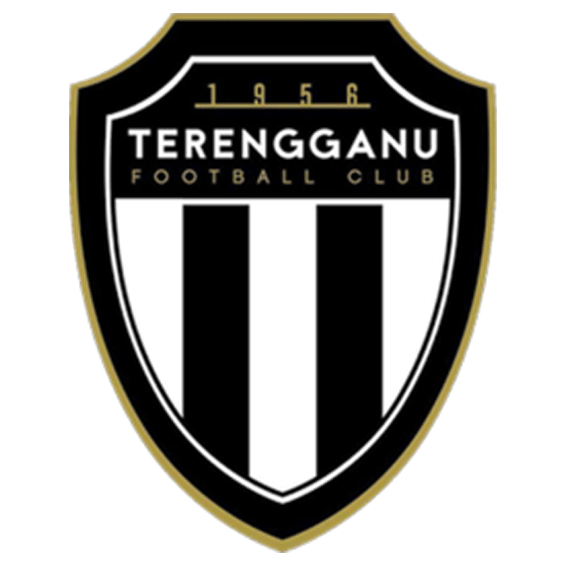
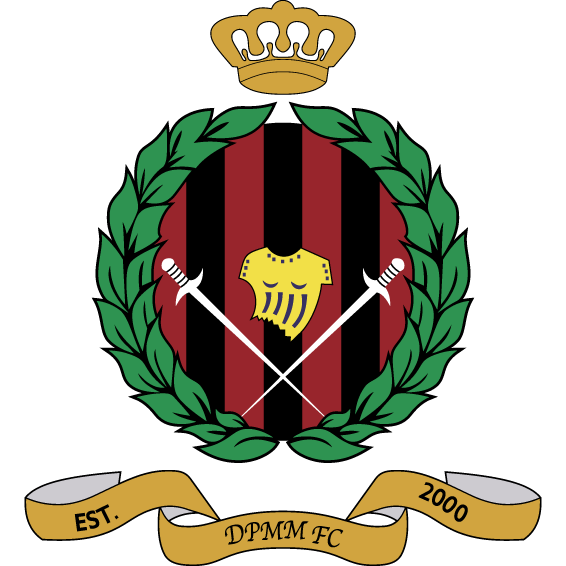


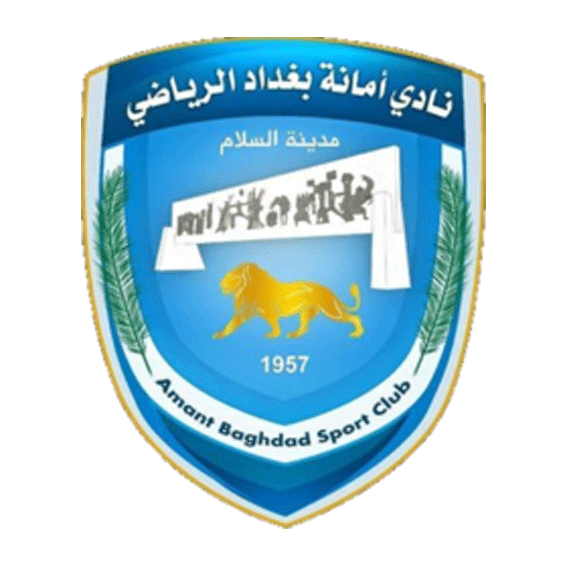

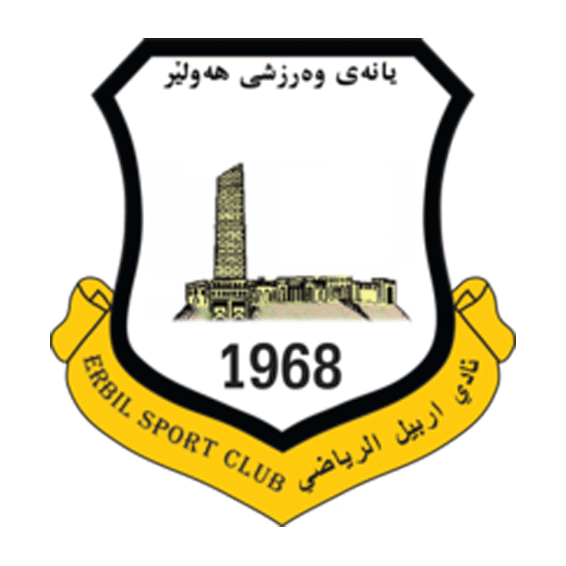
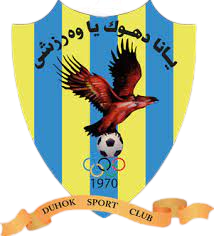
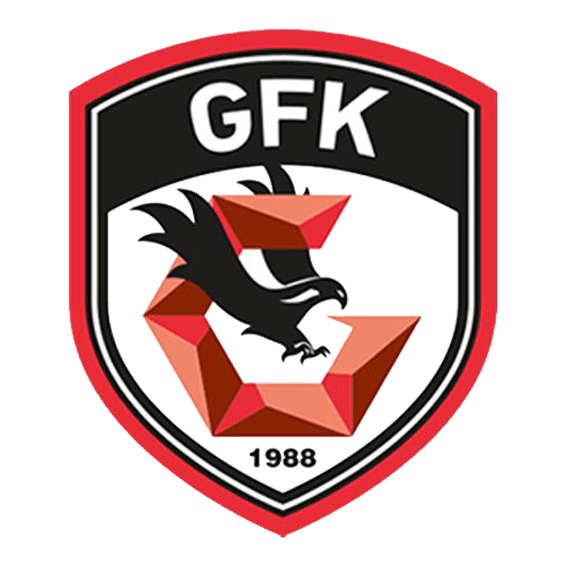
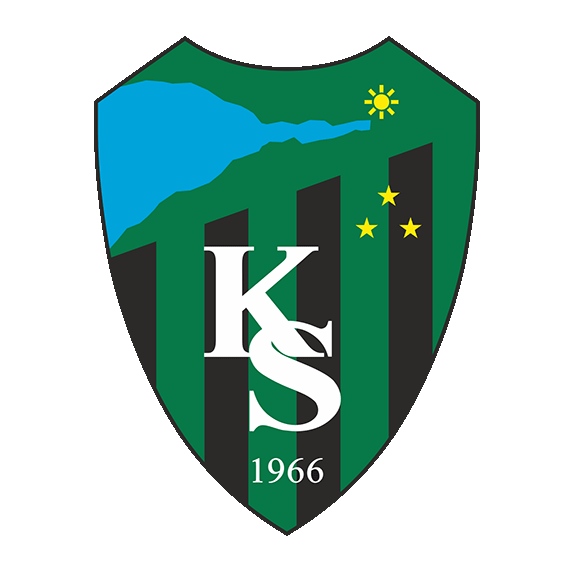
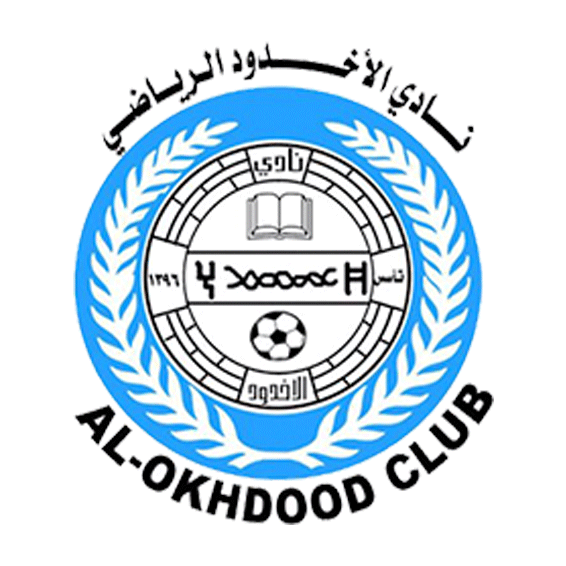
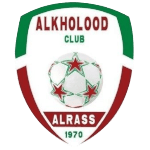
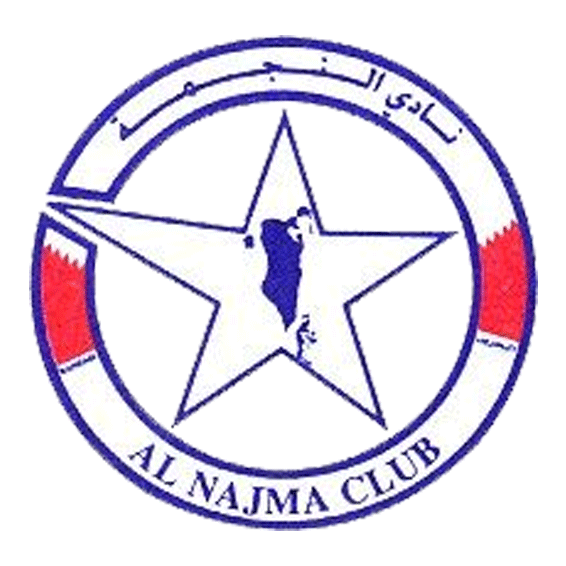

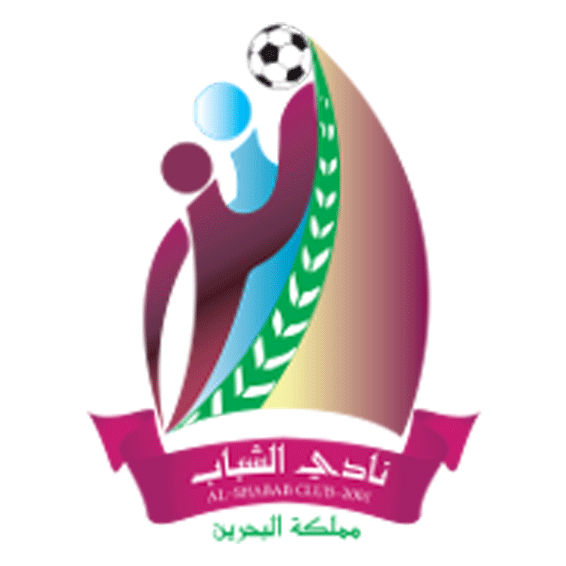
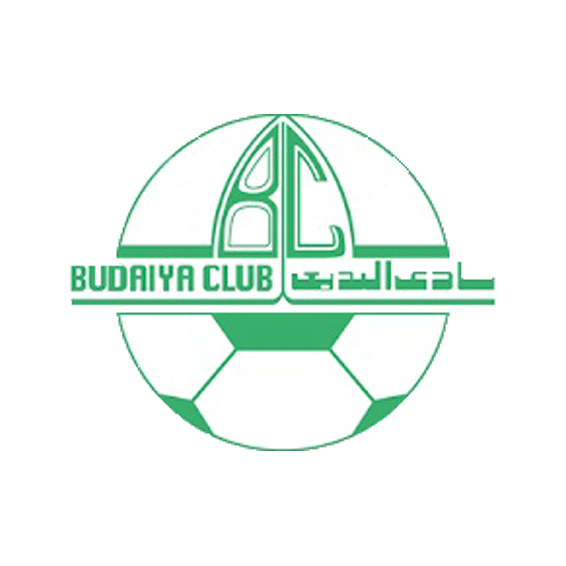























There are no comments yet. Be the first to comment!